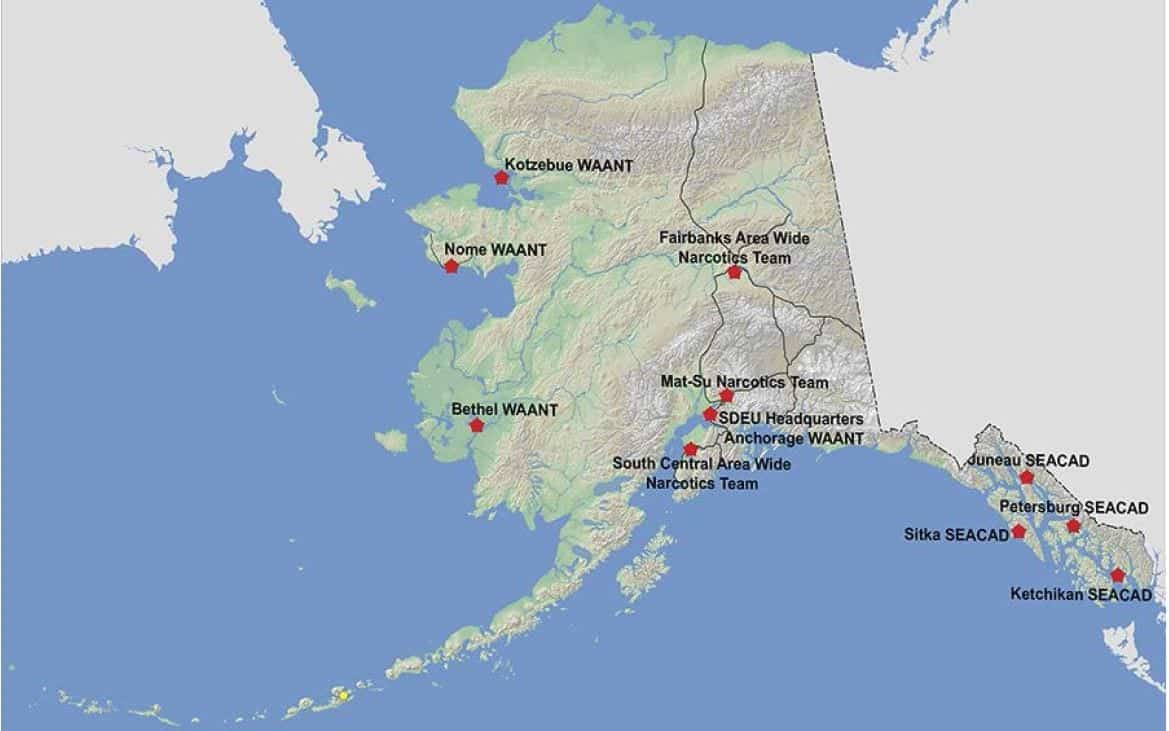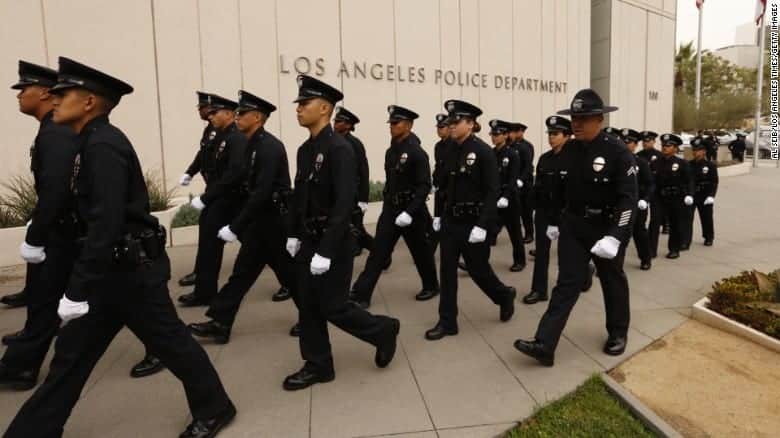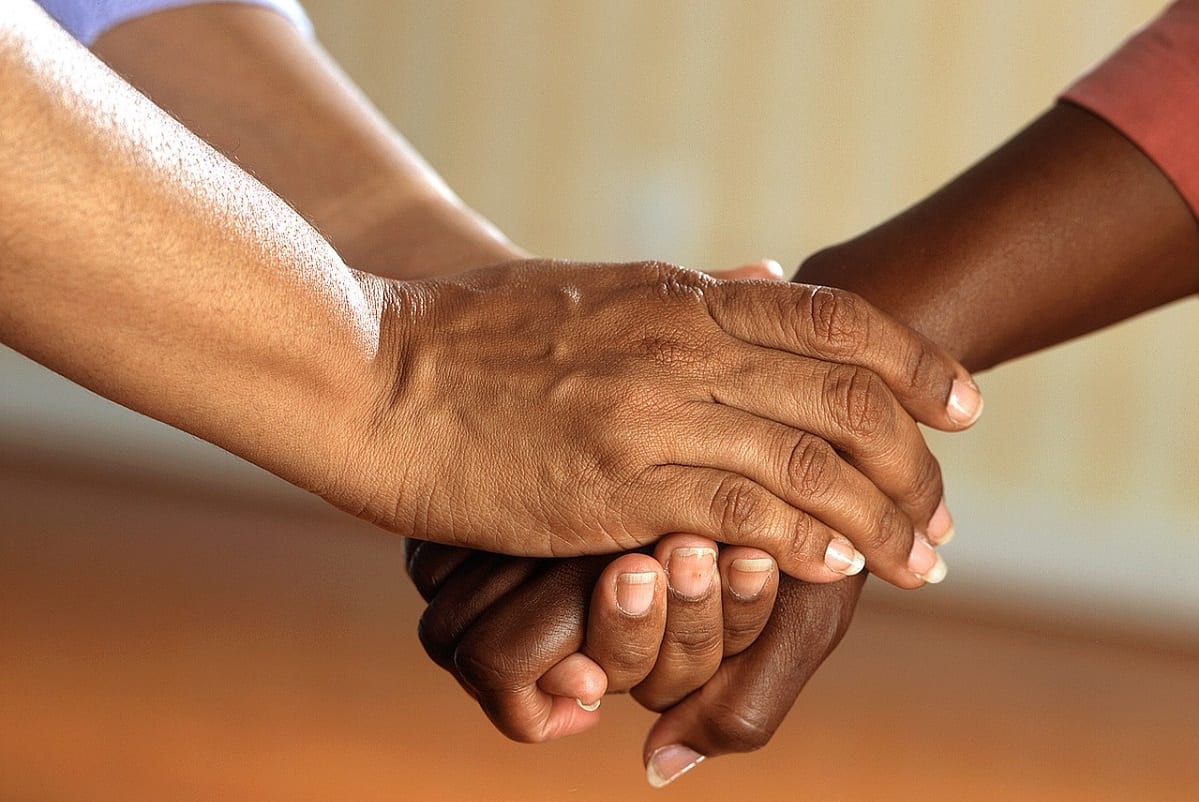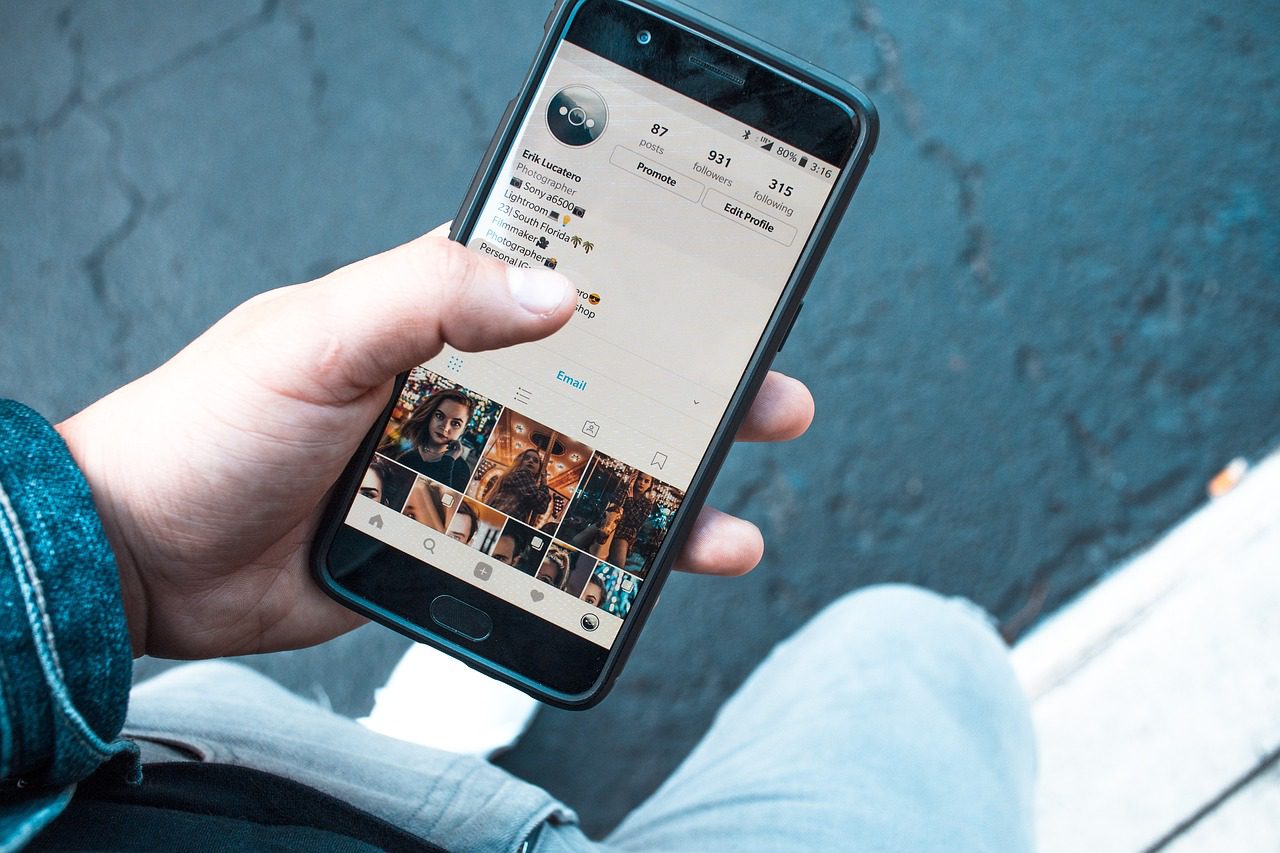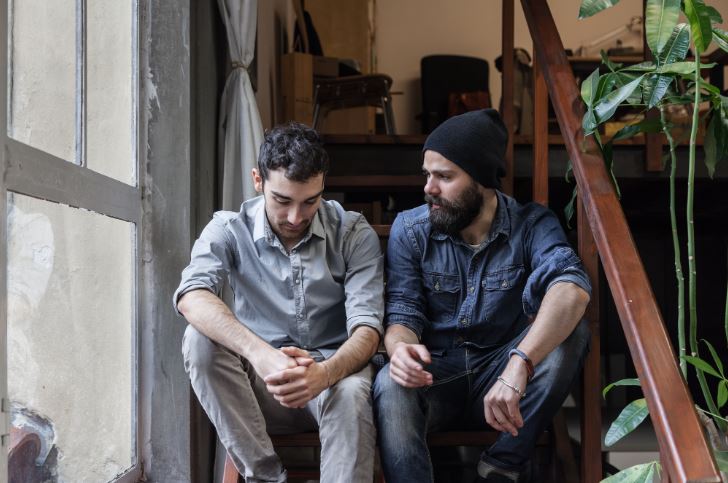
Drug addiction is more common than many people imagine. In the United States alone, 46% of the adult population say they know a family member or personal friend who has a drug problem or has had one in the past.
Drug addiction can be devastating to an individual and their loved ones. People with addiction typically suffer other associated disorders, in addition to causing strife in their families and relationships.
But there’s hope. Tennessee rehab centers do what it takes to help those with addiction to reclaim their lives and go on to lead healthy lives. But to get your loved one to access this help, you need to be able to recognize the signs of addiction in the first place.
This post outlines the nine clearest signs that your loved one has a drug problem and needs urgent help. Let’s delve right in.
1. Changes in Physical Appearance
There are many physical signs that your loved one may be using drugs. For instance, alcohol addiction may cause a sudden weight change.
Other physical signs include bloodshot eyes, pinpoint pupils, sores on the skin, nasal congestion, and lethargic behavior. They may also start to look more disheveled, and their hygiene may suffer.
If you notice any of these physical signs, it’s time to take action. Find out if they’re willing to seek professional help.
2. Unexplained Loss of Interest in Things They Loved
Another sign that your loved one may have a drug problem is a loss of interest in things they used to enjoy. This could be a hobby, sport, or activity they regularly participated in.
If they suddenly stop participating in these activities, it could be a sign that something is wrong. Try to find out why they have lost interest. If no reasonable explanation can be found, it may be due to drug use.
3. Erratic Mood Swings
Drug use can cause drastic mood changes. Your loved one may be happy one minute and angry the next. This is a potential sign that they are using drugs.
This can be hard to deal with as their friend or family. Try to stay calm and patient. Remember that their mood swings are not their fault.
If you notice these mood swings, try to talk to them. See if you can persuade them to join a drug rehab.
4. Private or Reclusive Behavior
People who use drugs and alcohol may also start to withdraw from their loved ones. They may become more reclusive and private.
This is often due to shame or embarrassment about their drug use. They may not want you to see them using drugs, or they may be afraid of what you will think.
Try to be empathetic and understanding if your loved one starts to withdraw from you. Let them know that you are there for them and want to help.
If they are willing, try to talk to them about their drug use. See if there is anything you can do to help them get treatment.
5. A Sudden Change in Social Circles
Where your loved one doesn’t become reclusive, you may notice that they start to hang out with different people.
This is often due to the fact that they are using drugs with these new people. They may be trying to find others who use drugs to get their fix.
Getting your loved one to withdraw from these newfound relationships may be difficult, but it’s worth a try. If your loved one does agree to seek help, you can organize for them to join a rehab facility.
6. Withdrawal Symptoms
When someone has a drug addiction, they may experience withdrawal symptoms when they try to quit. Withdrawal can be extremely uncomfortable and sometimes even dangerous.
Withdrawal symptoms vary depending on the drug that your loved one is addicted to. For instance, the withdrawal symptoms of alcohol may differ significantly from those of heroin.
Learn to recognize these withdrawal symptoms and take the necessary action.
7. Substances or Drug Paraphernalia in Their Possession
Perhaps the surest sign that your loved one is using drugs is if you find substances or drug paraphernalia in their possession. This could be anything from alcohol to cigarettes to illegal drugs.
Besides the drugs themselves, you may discover pipes, syringes, or other drug paraphernalia. This is a clear sign that your loved one is using drugs and needs help.
They may be reluctant to admit that they have a problem, but it’s important to get them help.
8. Financial Problems
Sustaining a drug addiction can be expensive. Your loved one may start to experience financial problems as a result of their addiction.
This could manifest in a number of ways. For instance, they may start borrowing money from you, or they may start selling personal belongings.
This is the time to have a candid conversation with your loved one about their drug use. Try to offer help and support.
9. Declining Performance at Work or in School
One of the biggest impacts of drug addiction is poor performance in activities that matter. Your loved one may start to miss deadlines at work, show up late, or stop showing up altogether.
They may also get bad grades if they’re still in school. This is a clear sign that their addiction is starting to take over their life.
Unless the problem is addressed, things only get worse. It’s the reason you need to take urgent action and enroll them in the best rehab around.
Know When to Talk to Tennessee Rehab Centers
If you think your loved one may be struggling with drug addiction, it is important to take action. Look for the warning signs and talk to them about getting help. If they’re willing, enroll them in one of the top rehab centers in Tennessee to start their journey to full recovery.
Are you worried about your loved one? Don’t hesitate to reach out for help. We’re here to support you and your family through this difficult time.
Contact us today for more information on our services.


